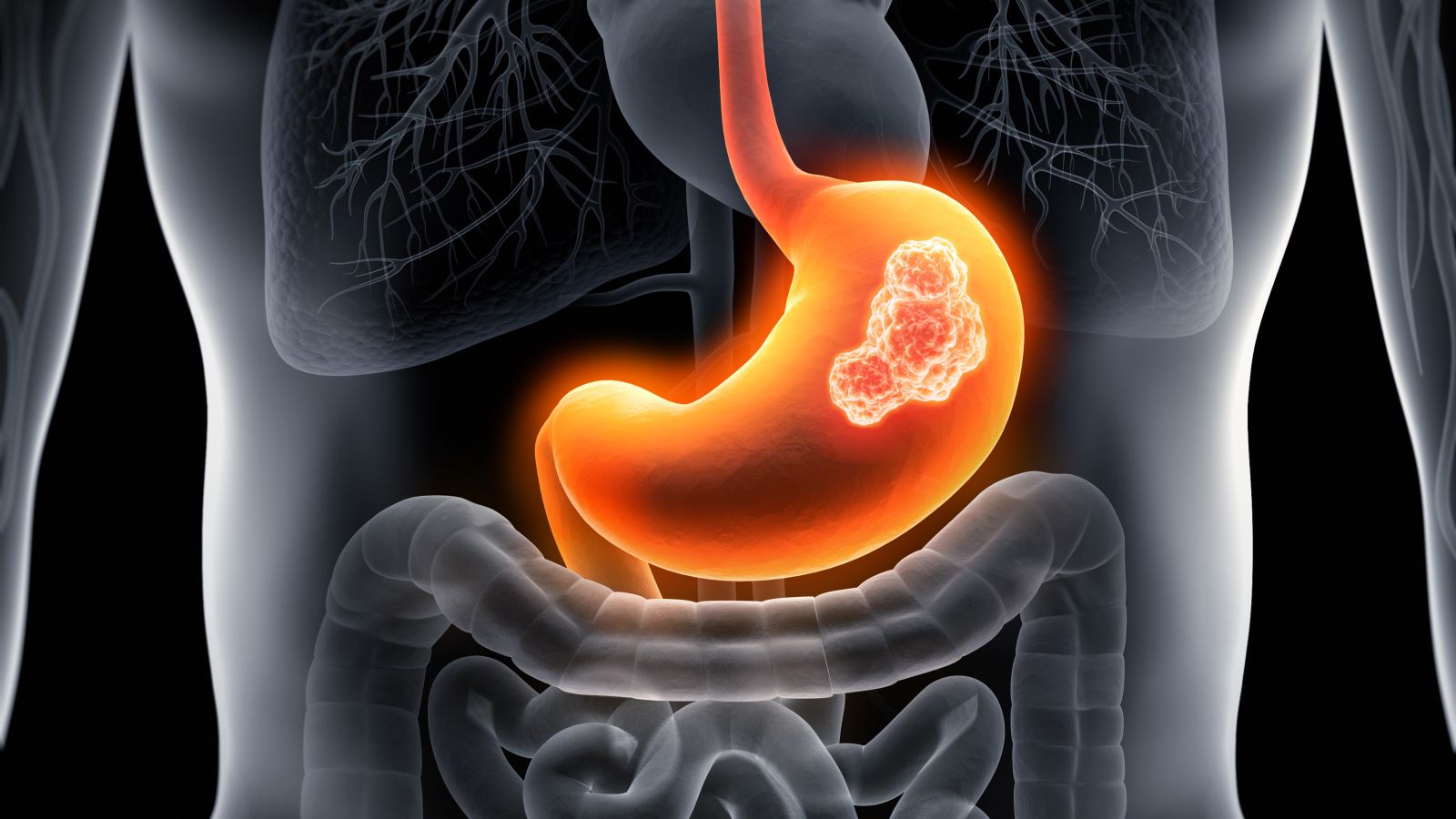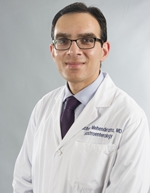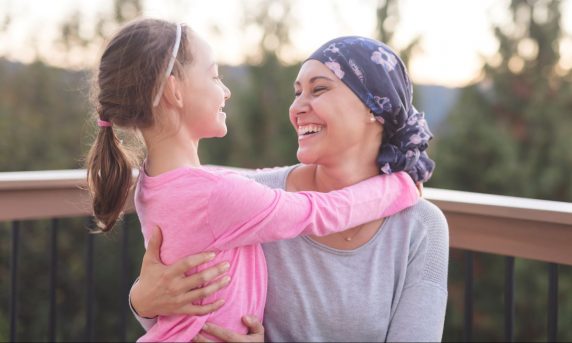More than 26,500 people will be diagnosed with gastric cancer this year. But because its early symptoms are subtle, it can be hard to detect.
Here are 8 symptoms of gastric cancer that are easy to overlook.
But first, what is gastric cancer?
“Gastric cancer develops when cells in any part of the stomach grow and divide abnormally,” explains Vaibhav Mehendiratta, MD, a gastroenterologist at Hartford HealthCare’s Cancer Institute. “Tumors can begin in different layers of the stomach, but most begin in the superficial inner surface that comes in contact with food.”
> Related: Toby Keith Diagnosis Shines Spotlight on Stomach Cancer
8 early symptoms of gastric cancer
Dr. Mehendiratta identifies these common symptoms of gastric cancer:
- Weight loss
- Abdominal pain
- Indigestion
- Black stools
- Feeling bloated after eating
- Nausea
- Loss of appetite
- Heartburn
“Common symptoms of gastric cancer can be quite nonspecific,” says Dr. Mehendiratta. “It’s always important to talk to your doctor if you’re experiencing health changes or have symptoms that stick around.”
> Want more health news? Text StartHere to 85209 to sign up for text alerts
When gastric cancer progresses, so do the symptoms.
If gastric cancer progresses untreated, you may experience later-stage symptoms. These include:
- Blood in the stool
- Vomiting
- Jaundice
- Weight loss
- Build-up of fluid in the abdomen
- Trouble swallowing
Risk factors for gastric cancer
Certain risk factors can increase your risk of stomach cancer, including:
- Family history
- Being overweight or obese
- Chronic gastritis (inflammation of the stomach)
- History of high-dose radiation
- Certain genetic changes
- Certain bacterial infections or conditions like pernicious anemia
Additionally, certain lifestyle habits also increase the risk of gastric cancer. These may include:
- Smoking/tobacco use
- Eating a diet high in smoked, pickled and salted foods
- Not eating enough fresh fruit and vegetables
When to see your doctor
“If symptoms persist or get worse, please seek medical attention and talk to your gastroenterologist,” says Dr. Mehendiratta.
In your appointment, your doctor will discuss your health history and perform a thorough evaluation. This exam may include imaging like CT scans or a biopsy.
If you’re diagnosed with gastric cancer, you and your doctor will discuss the next steps, including treatment options.
Reducing your risk for gastric cancer
While some risk factors like genetics are outside your control, there are ways you can reduce your risk for gastric cancer, including:
- Not smoking or quitting smoking
- Eating less smoked, pickled and salted food
- Adopting a diet with lots of fresh vegetables and fruit



